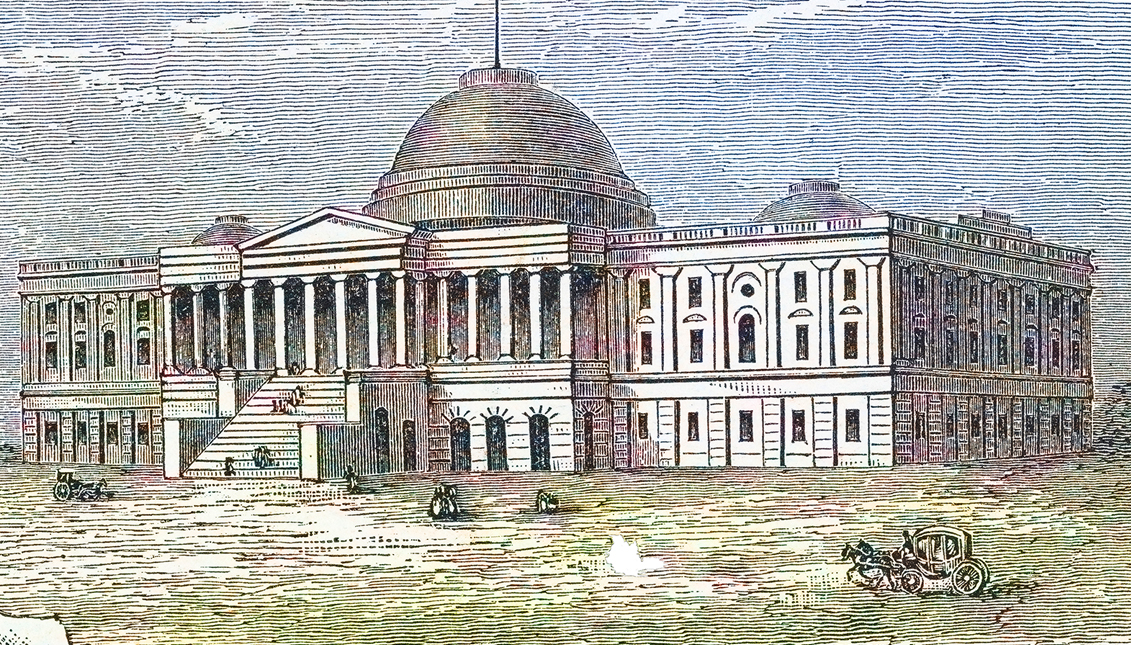
The attack on the Capitol… two centuries ago | OP-ED
Subpoenas, charges, depositions, the role of Facebook, documentaries… but Jan. 6, 2021 has not been the only attack on the Capitol. Getty Images
In 1814, a little more than 200 years ago, an investigation was initiated for an attack on the Capitol in Washington.
The idea was to review the government’s inability to prevent the burning of the Capitol and other buildings by British troops.
The House, meeting temporarily in a hotel, approved a special committee of three Federalists and three Democratic-Republicans. Something similar to the House committee currently investigating the attack on the Capitol by Trump supporters last January.
Before, as now, the facts were confusing, and there were too many interests and decisions made to assess.
On the one hand, the intelligence reports were disastrous. It was believed that British troops would appear on one side and they appeared on another. General Winder, who led the defense of Washington, sent all the troops out of the capital to meet the enemy.
RELATED CONTENT
Moreover, these soldiers were only volunteers from the District of Columbia and three neighboring states, and as writer Ronald G. Shafer mentions, “Maryland and Pennsylvania fail to provide the promised number of soldiers, and the Virginia militia didn’t reach the battlefield in time after being delayed getting arms and ammunition by a bureaucratic Army clerk who demanded signed receipts for every item.”
"Shall this harbor of Yankee democracy be burned? All for it will say aye."
By the time the soldiers intercepted the British it was too late and they were pushed into retreat. Then other bad decisions led the troops to the heights of Georgetown instead of the Capitol, so that when the British arrived, there was no defense at all.
British Admiral George Cockburn sat in the House Speaker’s chair and asked derisively, “Shall this harbor of Yankee democracy be burned? All for it will say aye.” The question “carried unanimously.” “The troops piled up the furniture and Cockburn set it ablaze,” Shafer recounts, in the Post.
The British also burned the White House, the Treasury, the War and State departments before returning to their ships.
After only two months, the committee delivered a 370-page report with the facts, but surprisingly, conclusions and blame were avoided.
The matter was put to bed in February 1815, just as Trump and his cronies intend to do some 200 years later. Will they pay for this grave offense to democracy worthy of British Admiral Cockburn? Hopefully this investigation will not end up shelved as well.










LEAVE A COMMENT: